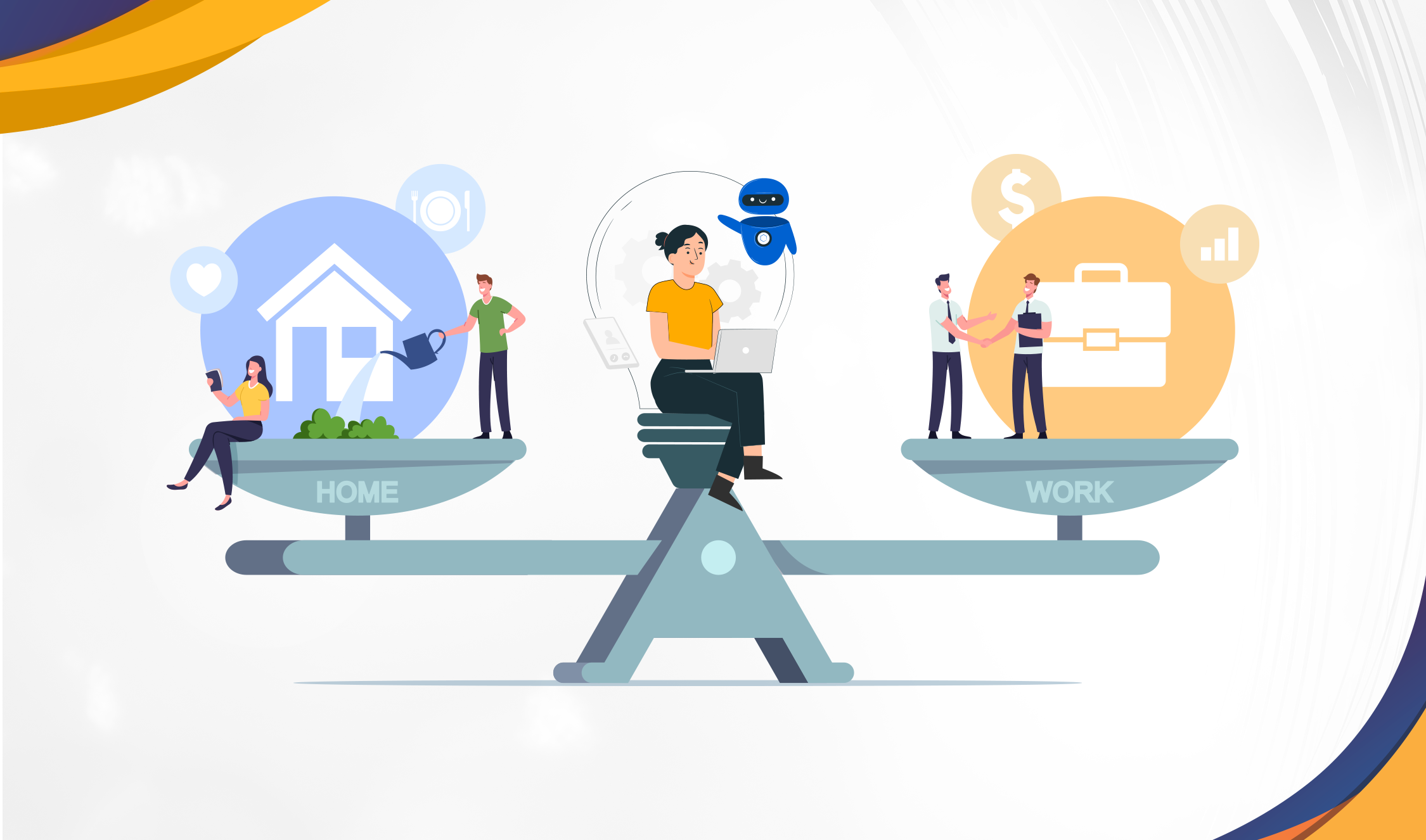In today’s fast-paced work environment, achieving a healthy work-life balance is a challenge for many professionals. However, with the emergence of artificial intelligence (AI) technologies, companies have a powerful tool at their disposal to support their team members in achieving a better work-life balance while empowering them to be more productive. In this blog post, we will explore the transformative potential of AI in improving work-life balance and empowering team members, supported by insights from the Harvard Business Review.
1. Automating Repetitive Tasks
“By automating repetitive and mundane tasks, AI can free up employees to focus on higher-value work,” states the Harvard Business Review. This quote emphasizes the role of AI in reducing the time and effort spent on repetitive tasks that often eat into personal time and create work-life imbalance. AI-powered automation can take over routine administrative tasks, data entry, or report generation, enabling team members to allocate their time and energy to more meaningful and strategic activities. This shift not only increases productivity but also allows individuals to have more control over their work schedules.
2. Streamlining Communication and Collaboration
Effective communication and collaboration are crucial for maintaining a healthy work-life balance. AI enhances these aspects by offering intelligent tools and platforms that streamline communication and facilitate team collaboration. Furthermore, chatbots and virtual assistants take over routine inquiries, schedule meetings, and provide rapid access to information, minimizing the need for constant email exchanges or disruptions. Additionally, AI-powered collaboration platforms support real-time collaboration, document sharing, and project management, promoting efficient teamwork and cutting down on time wasted in unnecessary meetings or administrative tasks.
3. Personalized Work Experiences
AI has the potential to create personalized work experiences that cater to individual preferences and needs. For example, AI algorithms can analyze individual work patterns, preferences, and priorities to offer personalized recommendations or reminders that align with each team member’s work style. This level of personalization can help individuals better manage their time, prioritize tasks, and maintain a healthy work-life balance. By tailoring work experiences to individual needs, AI empowers team members to work more efficiently and effectively while preserving time for personal interests and well-being.
4. Workload Management
An overwhelming workload significantly contributes to work-life imbalance. AI can aid in workload management by analyzing work patterns, identifying bottlenecks, and suggesting strategies for efficient task distribution. Moreover, through predictive analytics, AI algorithms anticipate workload spikes and proactively allocate resources or adjust project timelines to ensure a more balanced and manageable workload for team members. This proactive approach to workload management prevents burnout, enhances productivity, and enables individuals to maintain a better work-life balance.
5. Skill Development and Growth Opportunities
AI-powered technologies can offer personalized skill development and growth opportunities for team members. Intelligent learning platforms can analyze individual skill gaps, career aspirations, and learning preferences to recommend targeted training programs or learning resources. This not only enhances professional development but also promotes a sense of empowerment and job satisfaction. By supporting team members’ growth aspirations, AI fosters a positive work environment and promotes work-life balance by aligning personal and professional goals.
6. Remote Work Enablement
The rise of remote work has become increasingly prevalent, and AI plays a significant role in enabling effective remote work environments. AI-powered communication and collaboration tools facilitate seamless virtual interactions, project management, and remote team coordination. With the help of AI, remote team members can stay connected, access resources, and contribute to projects regardless of geographical locations, promoting work-life balance by eliminating the need for extensive travel or physical presence in the office.
AI holds the potential to revolutionize how we work, empowering team members and enhancing work-life balance in the process. As highlighted by the Harvard Business Review, “AI is increasingly serving as the foundation for more personalized work experiences.” Through automating repetitive tasks, streamlining communication and collaboration, personalizing work experiences, managing workloads, facilitating skill development, and enabling remote work, AI technologies can reshape the work-life dynamics within organizations. Consequently, as companies embrace AI-driven solutions, they can foster a culture of work-life balance, empower their team members, and establish a more productive and fulfilling work environment.
BeeSeen Solutions offers clients access to next generation technologies to help empower and inspire teams while positively impacting the overall day to day of a company’s process. We believe utilizing these offerings helps increase compliance, customer experience and overall day-to-day performance. In return team members are more productive and efficient, making for a positive corporate culture and of course an overall better work and life balance.
Blog Written By: Peter Pinto, Co-Founder – BeeSeen Solutions

